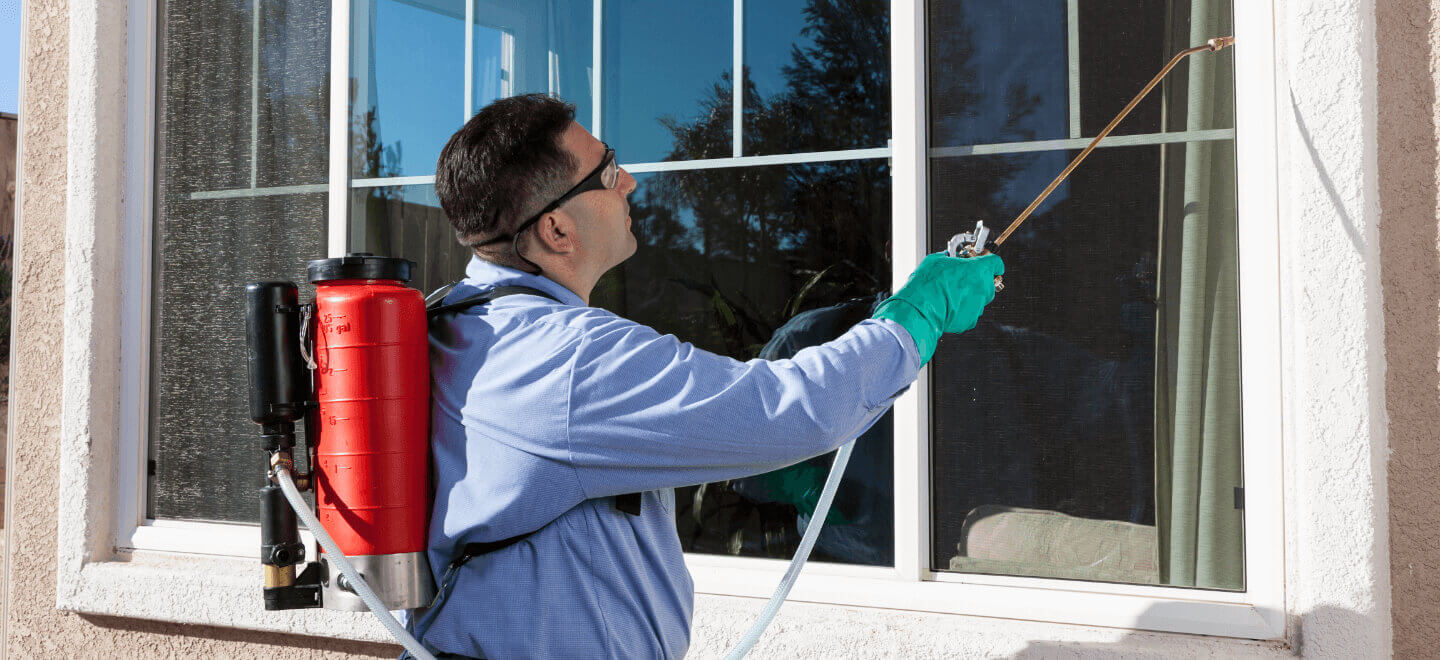A1 Bed Bug Exterminator Charlotte - Specialized Bed Bug Elimination
A1 Bed Bug Exterminator Charlotte - Specialized Bed Bug Elimination
Blog Article
Bed Pest Therapy Malfunction: Comparing Chemical Vs. Non-Chemical Solutions
In the world of parasite control, particularly when managing the consistent issue of bed pests, the option between chemical and non-chemical therapy solutions can be a pivotal one. Both strategies use unique advantages and downsides, influencing variables such as efficiency, security considerations, and total expense. By examining the nuanced information of each technique, a more clear understanding of which course to pursue in dealing with a bed pest invasion can be attained.
Performance of Chemical Treatments
Chemical therapies for bed bug invasions have actually been extensively acknowledged for their rapid and potent efficacy in getting rid of these insects. When considering the efficiency of chemical treatments, it is crucial to understand that they can give a detailed and quick option to a bed insect issue.
In addition, chemical therapies have the benefit of supplying residual effects, suggesting that they can continue to remove bed bugs even after the initial application. This recurring activity is specifically advantageous in combating any type of potential re-infestations. In addition, the quick activity of chemical therapies can bring relief to people encountering extreme bed pest problems, allowing them to regain control of their living spaces promptly.
Safety Interest In Chemical Solutions
One vital facet that requires cautious consideration when using chemical services for bed insect treatment is ensuring the safety of occupants and the environment. Direct exposure to certain chemicals utilized in bed insect treatments can lead to breathing problems, skin irritation, or other unfavorable reactions, especially in people with pre-existing problems or level of sensitivities.
In addition, the ecological effect of chemical services is one more considerable consideration. Some pesticides used in bed bug treatments may be damaging to helpful insects, wild animals, and ecological communities if they leach into the dirt or water systems. It is necessary to make use of chemical therapies carefully, complying with security standards, and taking into consideration much less toxic choices to alleviate these dangers and ensure the effective and risk-free management of bed bug problems.
Advantages of Non-Chemical Approaches
Taking into consideration the prospective safety and security worries and ecological impact connected with chemical remedies for bed insect therapy, checking out non-chemical techniques provides an encouraging option with numerous unique advantages. Non-chemical techniques offer a safer option for families, specifically those with pets, individuals, or children conscious severe chemicals. These approaches eliminate the threats of direct exposure to hazardous substances, lowering the possibility for negative wellness results. Additionally, non-chemical therapies are environmentally pleasant, as they do not add to air or water pollution, making them a sustainable choice for insect control.
Furthermore, non-chemical options can be efficient in targeting bed insects, including hard-to-reach areas where chemical treatments might not permeate. Techniques such as heat treatment, vacuuming, steam cleaning, and mattress encasements give extensive elimination without the usage of unsafe chemicals. In addition, non-chemical strategies can be much less disruptive, needing marginal prep work and enabling quicker reentry into dealt with locations. Overall, selecting non-chemical bed bug therapy approaches not only focuses on safety and environmental management however also ensures thorough and efficient parasite control.
Limitations of Non-Chemical Treatments

Additionally, non-chemical treatments frequently call for numerous applications to achieve successful obliteration. This can be taxing and might not always assure full removal of all bed insects and their eggs, particularly in hard-to-reach or hidden places.
Furthermore, the success of non-chemical therapies heavily depends on correct application and thoroughness, which can be testing for people without specialist proficiency. Poor application of non-chemical methods might cause insufficient obliteration, causing persistent problems and the need for additional therapies.
For that reason, while non-chemical therapies have their advantages, it is necessary to acknowledge these restrictions and consider them when identifying one of the most efficient approach for handling bed pest invasions.
Expense Comparison: Chemical Vs. Non-Chemical Options
Provided the constraints connected with non-chemical treatments, a crucial aspect to evaluate in the context of bed pest administration is the cost contrast in between chemical and non-chemical choices. In contrast, non-chemical treatments like warmth treatment or vapor can be more pricey, with costs ranging from $1,000 to $6,000 for a whole home. While the preliminary price of chemical treatments may seem reduced, numerous therapies might be needed to completely eliminate the problem, possibly raising the total expense.
Conclusion

Considering the prospective safety problems and environmental impact linked with chemical services for bed bug therapy, checking out non-chemical strategies provides a promising choice with a number of distinct benefits.Provided the limitations linked with non-chemical treatments, a vital aspect to assess in the context of bed bug administration is the cost contrast between chemical and non-chemical alternatives. In contrast, non-chemical treatments like warmth treatment or heavy steam can be more pricey, with expenses varying from $1,000 to $6,000 for a whole home. While the first price of chemical therapies may seem lower, numerous treatments may be required to completely eradicate the invasion, potentially boosting the overall expense.In conclusion, when comparing chemical and non-chemical bed pest treatment alternatives, it is essential to think about effectiveness, security, advantages, limitations, and expense.
Report this page